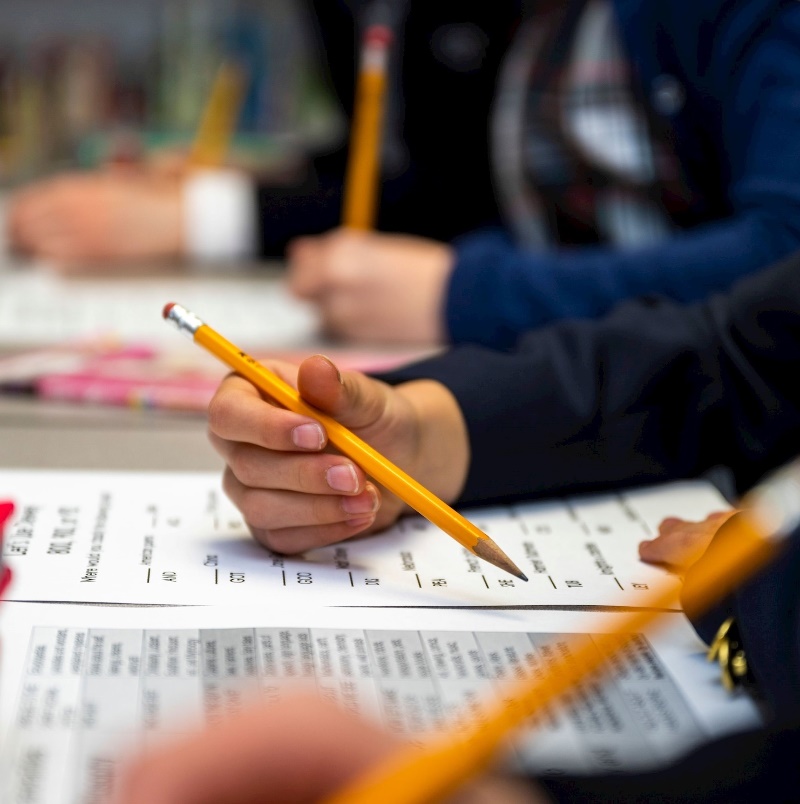%20(1).jpg?command_1=resize&width_1=220)
I hope your family had a wonderful first day back on campus to start the second semester! There was a buzz of energy in the air about the possibilities and opportunities that lay ahead of us this spring.
I am particularly excited about the ways in which our teachers plan to enhance their teaching this semester, further implementing BT’s guiding Principles and Practices.
At BT, we clarify and document our approach to learning through our Principles and Practices. Our Principles and Practices ensure that the ways in which our teachers individually grow as educators and apply their learning to what happens in the classroom aligns with our collective learning system and BT’s mission and vision. The principles guide our daily choices in the classroom. The practices can and should change over time as we continue to challenge our students’ abilities to think critically and globally.
During yesterday’s teacher in-service, we had the opportunity to focus on the Inquiry Principle, which states:
We are a species that is naturally curious. We learn through a lifelong process of playfulness, wondering, questioning, exploring, and reflecting. Our learning is an ongoing ‘spiral’ of connecting ideas, constructing concepts, and contributing to our learning.
At BT, inquiry-based learning approaches are at the heart of our agreed pedagogy.
Learn more about BT’s Principles and Practices
Through a workshop facilitated by Kelly Armitage, a leadership coach and former principal of the International School Bangkok, our teachers explored what is important to them when it comes to learning and teaching, how those values align with BT’s strategic plan, and how they can support the application of the Inquiry Principle. They then focused on enhancing their next unit for each class, developing high engagement activities using inquiry-based learning experiences for their students.
Students and families can look forward to a semester full of inspiring and challenging experiences that will enhance students’ understanding of why the content matters and enable them to reflect on their own thought processes and identify the patterns behind them.

.png&command_2=resize&height_2=85)












.jpg&command_2=resize&height_2=85)





%20(1).jpg)




